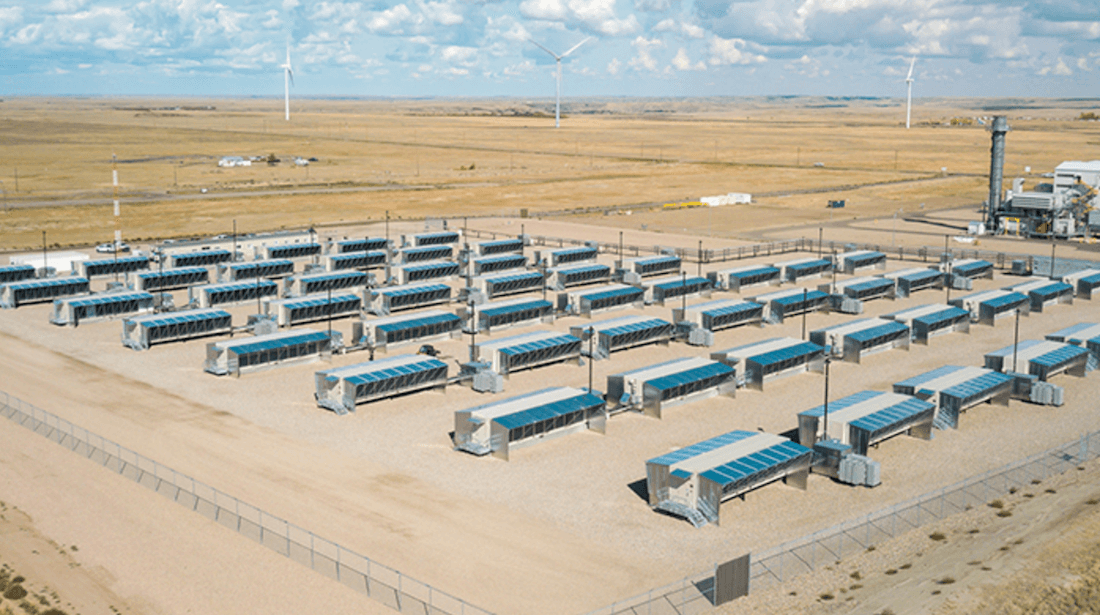
Crypto miners are having a tough start to the new year, with their shares extending December’s decline as bitcoin fell below $43,000. However, Wall Street analysts are staying upbeat on the sector’s outlook and still prefer the miners over the cryptocurrencies they produce.
The shares of publicly listed miners such as Marathon Digital, Riot Blockchain, Hive Mining and Hut 8 are down about 10% in just the first week of 2022. Viridi Cleaner Energy Crypto-Mining & Semiconductor ETF (RIGZ), a miner-heavy exchange-traded fund, has also lost about 10% this week and is priced around the lowest levels since its inception in July, according to TradingView data.
The miners, whose shares are heavily correlated to the price of the coins they produce, are reflecting declines across the crypto market. Bitcoin, the largest cryptocurrency by market cap, fell more than 5% Wednesday alone after minutes of the U.S. Federal Reserve meeting in December pointed to a possible interest-rate increase in March, which is sooner than many had expected. Ether, the second-largest, slid almost 7%. Both declined further today.
“While market excesses are clearly taking a beating with the anticipated rise in interest rates, we firmly believe current valuations have nothing to do with fundamentals and more due to the lack of institutional buy-in to this relatively obscure new sector,” Christopher Brendler, an analyst at investment bank D.A. Davidson, said in a research note.
The miners are still extremely profitable and gross margins remain “super healthy” despite a rising network hashrate and the sharp decline in bitcoin price, Brendler wrote. “With the stocks at these levels, the miners offer a superior risk/reward to the underlying BTC as we see limited downside from here, barring a complete BTC collapse sub $10K,” he said.
Brendler previously highlighted Core Scientific as his favorite “buy-and-hold” miner and named Marathon Digital as top mining stock pick heading into 2022.
The Bitcoin network hashrate surged to a record about 210 exahash per second (EH/s) on Jan. 1, according to data analytics firm Glassnode. It fell to about 181 EH/s on Jan. 5, after protesters in Kazakhstan, second only to the U.S. in hashrate, stormed government buildings to complain about surging energy costs, leading the country’s largest telecommunications provider to shut down access to the internet.
Coindesk